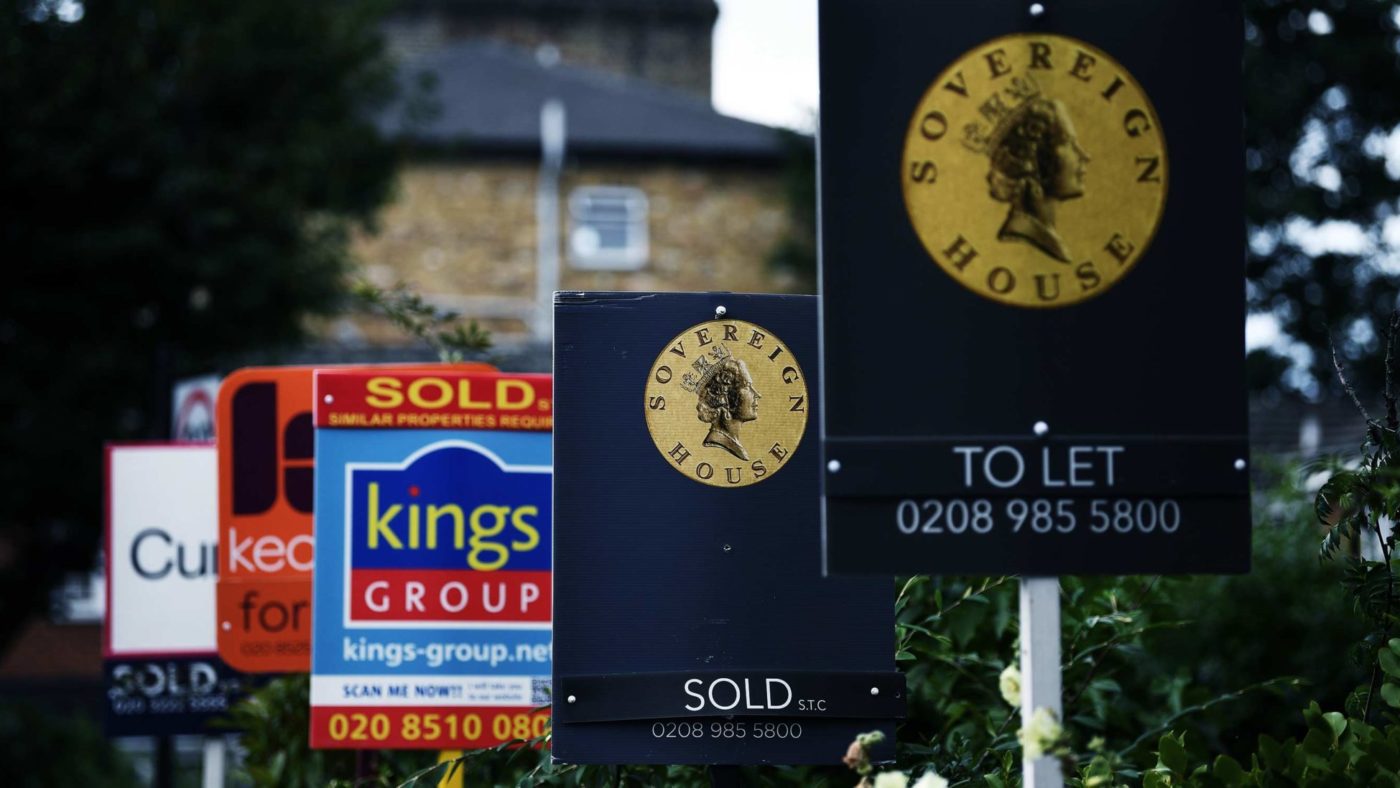Before the 2015 summer Budget, landlords paid income tax on their rental income profits. The tax system was neutral regarding ownership. The combined tax on interest income to a lender and net rental income to a landlord borrower was the same regardless of how much lending was involved. More lending meant higher interest payments to the lender, which would be taxed, but it also meant lower rental income to the landlord to be taxed. The two netted each other out.
That year, however, then Chancellor George Osborne changed the rules on deducting finance costs, gradually replacing the old, neutral system with one which is far more punitive towards landlords.
Landlords now pay income tax on rent before borrowing costs are taken into account, and then an allowance for their borrowing costs is deducted, but only at the basic rate of 20%. So if you’re paying £10,000 of interest and you’re a higher rate taxpayer, you’ll have to pay £2,000 more tax. If your rental income after expenses and the mortgage interest was only £2,000, your tax rate would be 100%.
The effect can be more pronounced for additional rate (45%) taxpayers, and higher still for those who are caught by the £100,000 limit on the personal allowance. Multiply the numbers in that last example by ten and imagine a landlord with a £50,000 job and rental income of £20,000, after deducting £100,000 of interest payments.
Under the old system, this landlord would have paid 40% tax on the £20,000 taxable property income, a total of £8,000. But under the new system, the taxable rental income would be the £20,000 plus the interest of £100,000. And because the newly-assessed income is supposedly £70,000 over the personal allowance limit of £100,000, the personal allowance is eliminated, leaving a taxable income of £120,000.
The higher rate of 40% would be charged on the first £100,000 of that and the additional rate of 45% would be charged on the remaining £20,000. Due to the removal of the personal allowance, £12,500 of the rental ‘income’ would effectively be taxed again at 40%. The total tax on rental income would be £54,000, before deducting the new finance relief at the basic rate of 20% on the £100,000 interest. So now the landlord with a £20,000 rental income would pay £34,000 tax instead of £8,000. And, to add insult to injury, if the landlord is a parent, the high income child benefit charge will remove child benefit too.
In that example, the tax paid by a landlord earning a £20,000 profit would go from 40% to 170%. Little wonder dissatisfaction is so widespread with many landlords selling up and leaving the rental market altogether.
This convoluted new system was introduced to ensure that basic rate taxpayers didn’t pay any more tax while still extracting higher tax payments from properties where the landlord’s income is higher. The new rules don’t apply to corporate landlords, so some are using companies to buy their properties. But the transition involves capital gains tax, stamp duty, early repayment charges on existing personal mortgages and set-up charges for the new company mortgages, so it’s not clear whether it’s any better.
These punishingly unfair taxes came as anger about the housing crisis started to become more politically prominent. But rather than address the actual cause of the crisis, a housing shortage caused by planning restrictions, the government instead opted to target a politically unsympathetic group to scapegoat.
It relied on the specious logic which claims that because owner-occupiers cannot set their mortgages against their tax, it gives landlords an unfair advantage for them to be able to do so. This is nonsense because owner-occupiers are already exempt from tax for the value of their home to (themselves as) the owner, what economists call ‘imputed rent’. But it was clearly a much easier option for politicians than dealing with the resistance to building more homes than we currently do so that housing supply increases and prices and rents fall.
The way out of this mess is as it was in 2016 when The TaxPayers’ Alliance published ‘Taxing tenants: how taxes on landlords end up hitting tenants’. The spiteful and arbitrary rules on finance costs should be reversed, stamp duty should be abolished (at least on homes under £1 million if not entirely) and, most importantly, planning restrictions should be relaxed to allow substantially more homes to be built where people want to live, both in high-demand urban areas and on parts of the green belt near railway stations. And as an added bonus, building more homes near where the good jobs are would do wonders for our productivity problem.
Click here to subscribe to our daily briefing – the best pieces from CapX and across the web.
CapX depends on the generosity of its readers. If you value what we do, please consider making a donation.


